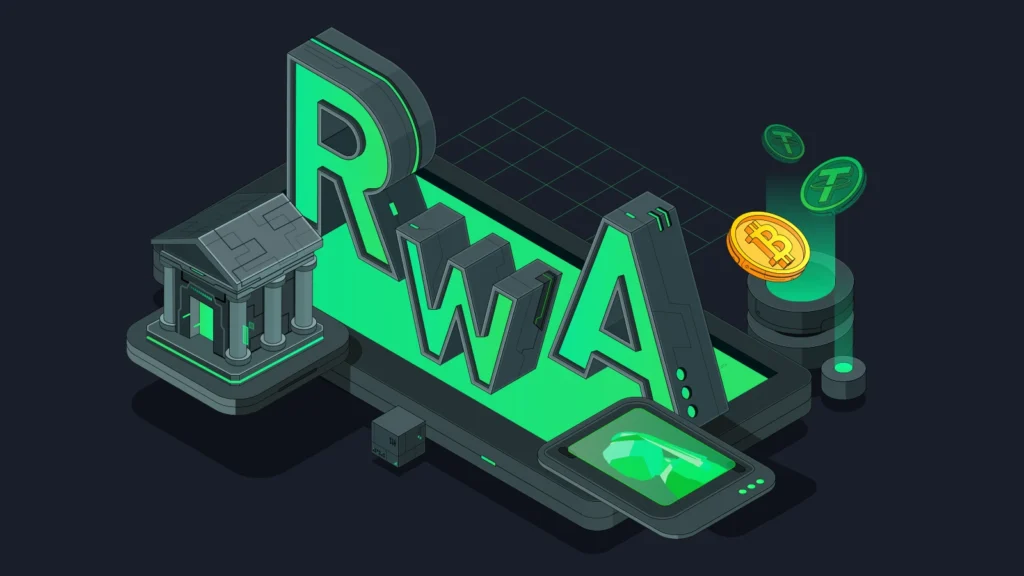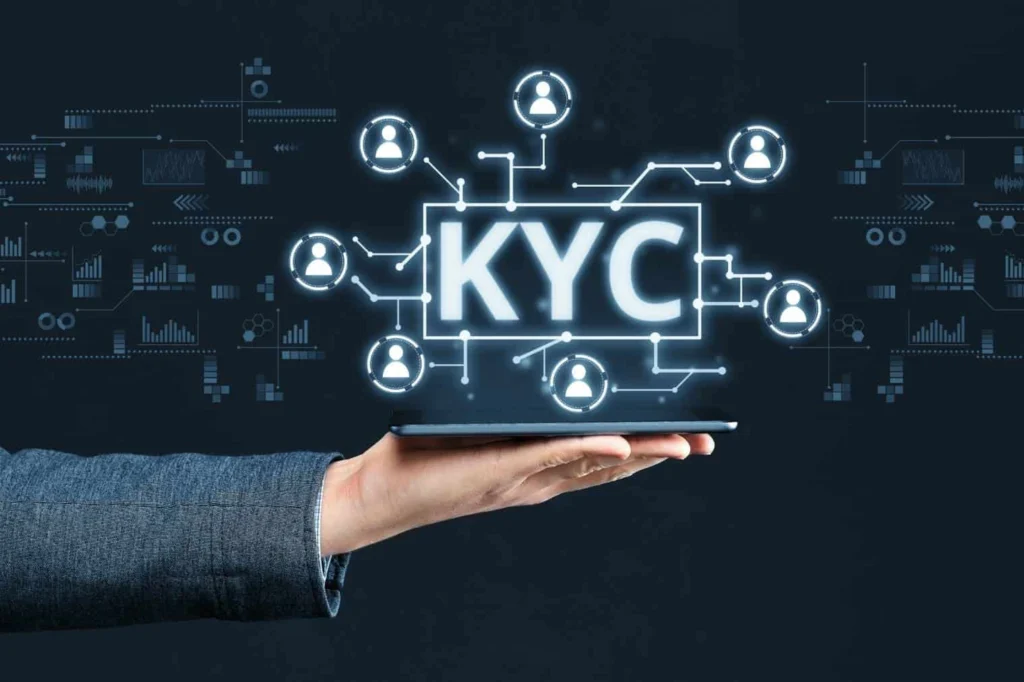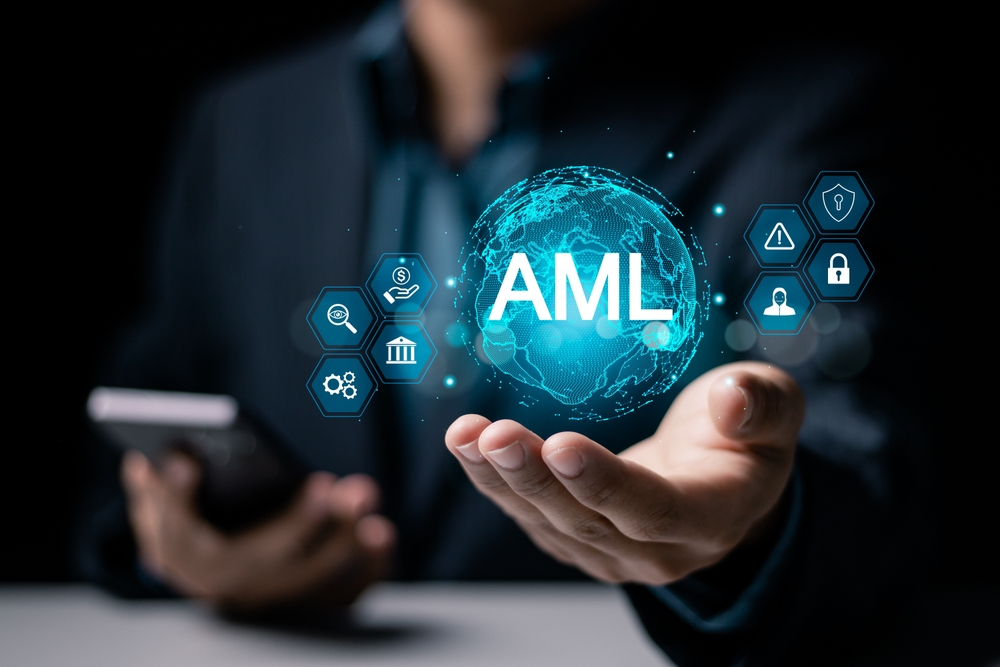RWA Investor Profile: Who’s Legally Suited to Invest in Real-World Assets?
RWA Investor Profile: Regulatory & Legal Perspective
The buzz around real-world assets (RWAs) is impossible to ignore. But as with all things in finance—especially when technology and securities collide—regulatory clarity matters. A lot. So, who actually should invest in RWA from a legal and compliance standpoint? Let’s break down the RWA investor profile through a legal-regulatory lens.

RWA Investor Profile: Legally Speaking, It’s Complicated
Real-world assets on-chain may sound like a decentralized dream, but in practice, they’re deeply entangled with legal obligations. These assets represent tokenized claims to physical or contractual rights—real estate, credit, invoices, even government bonds. That’s not just a technical challenge; it’s a regulatory one.


From a compliance perspective, the RWA investor profile includes those who:
- Understand securities regulations (or work with professionals who do)
- Have access to compliant platforms—often with KYC/AML, investor accreditation checks
- Are located in jurisdictions with clearer digital asset frameworks (think Switzerland, Singapore, certain U.S. exemptions)
- Can tolerate jurisdictional risk—especially when assets, issuers, and investors are all in different countries
Tokenization doesn’t eliminate the law—it multiplies the complexity.
Institutions & RWA: Regulation-First Mindset
Institutional investors are perhaps the best positioned legally to engage with RWAs. Why?
- They already operate within strict compliance frameworks
- They can afford legal counsel to vet platforms and structure deals
- They often use permissioned blockchains or regulated intermediaries
These entities—think asset managers, banks, and private funds—are drawn to RWAs like tokenized T-bills or securitized private debt. And they’re working closely with platforms that support regulatory compliance by design (like Provenance, Centrifuge, or Securitize).

Still, institutions move cautiously. They often demand:
- Legal enforceability across jurisdictions
- Clarity on custodianship and settlement finality
- Full investor disclosure and prospectus-level documentation
That’s why many tokenized RWA deals are private placements, not public offerings. It’s just legally cleaner.
Retail Investors: Caught Between Opportunity and Oversight
Retail investors can fit the RWA investor profile—if they meet certain conditions. Many tokenized real-world asset platforms require investors to:
- Pass KYC and AML checks
- Qualify as accredited investors (especially in the U.S.)
- Accept reduced liquidity and limited secondary markets


Here’s the challenge: many RWAs are de facto securities. So if a project is offering these to the public without registration or exemption, it’s a legal red flag. And that risk trickles down to investors, even unknowingly.
Also, if the underlying legal claim (like a tokenized loan or lease) isn’t enforceable due to jurisdictional mismatch or smart contract flaws? The investor could be left with a worthless token, and no clear legal recourse.
Put simply: the retail RWA investor profile favors informed, compliance-aware individuals. Not just anyone with a wallet and Wi-Fi.
Cross-Border RWA Complexity: Where Law Meets Code
One of the trickiest issues with RWAs is jurisdictional stacking:
- An issuer might be in Hong Kong
- The asset could be real estate in Dubai
- The platform is based on a U.S.-compliant blockchain
- The investor is in Germany
So… whose law applies? And which court enforces the contract if things go sideways?
This is where legal structuring matters. Trusts, SPVs, custodians, legal wrappers—these aren’t just legacy baggage. They’re mechanisms that enable enforceability in a fragmented legal world.
Final Thoughts: The Legally-Aligned RWA Investor Profile
RWA investment isn’t just about risk and return—it’s about rights and regulation. Ask yourself:
- Am I investing through a compliant platform?
- Is the issuer legally authorized to tokenize this asset?
- Do I know my rights if something goes wrong?
- Does the token offer legal recourse or just code-based claims?
The best RWA investor profile, legally speaking, is cautious, informed, and willing to ask questions. Whether you’re an institution with in-house counsel or a retail investor who’s done their homework, the key is alignment—not just with opportunity, but with law.
Because at the end of the day, real-world assets operate under real-world rules. And if you’re not legally covered… no amount of on-chain innovation will protect your investment.
Relevant Link : Here




